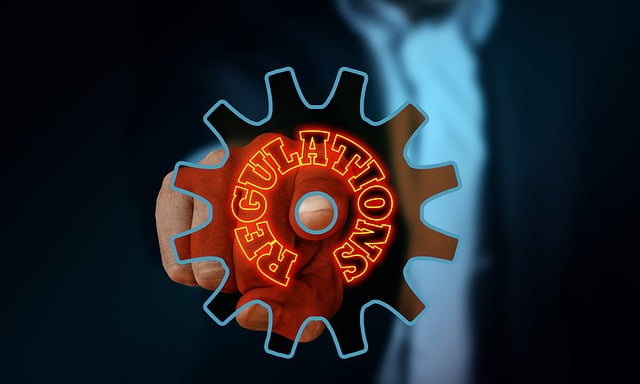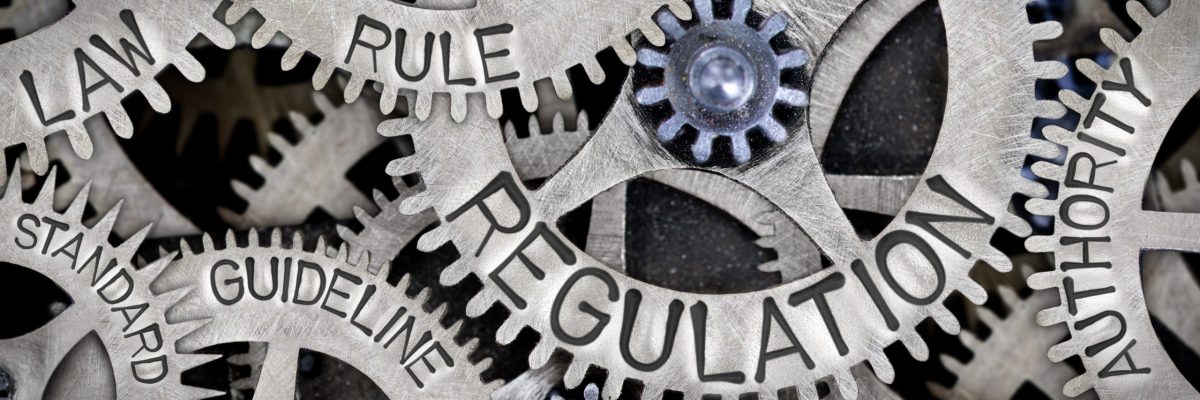
No More "Chevron Deference": A Primer for Nonprofits
12.19.2024 | Linda J. Rosenthal, JD

In recent years, there’s been a noticeable slowdown in the federal regulation of charities by the Internal Revenue Service. There are a variety of reasons: most particularly, Congress has been kneecapping the IRS for the last decade or so with draconian budget cuts. This lack of funding, combined with normal worker attrition from retirement, has hollowed out the tax agency. The division directly responsible for tax-exemption determinations and oversight has been especially decimated.
At the same time, many of the state attorneys general around the nation have significantly stepped up their game (and legitimate concurrent authority) to monitor charities, fundraising and solicitations, and assets held in charitable trust in their jurisdictions.
On January 12, 2021, the top law-enforcement officers from eleven states including California jointly announced a major fraud settlement against a Florida-based organization, Healing Heroes Network, Inc., and against its individual directors.
According to the press release issued by California Attorney General Xavier Becerra (who is set to become the Secretary of Housing and Urban Development in the Biden Administration): “The settlement resolves allegations that the former directors engaged in deceptive charitable solicitations, falsely claiming that 100 percent of the organization’s donations went towards helping veterans.”
A few years ago, we reported on this trend of the states’ top law enforcement officers working ” … together to root out charity fraud and malfeasance, particularly if these activities cross state lines.” Of the many types of fraud investigated by these state agencies, the categories that pop up most often are: (1) disease and injury charities and (2) veterans charities. Other favorites include animal charities and car-donation programs with outsize operating expenses.
For instance, in 2016, all fifty state AGs banded together to halt a massive cancer-charity scam run by a single family all around the United States. We wrote about this successful collaborative crackdown here. That same year, New York Attorney General Eric Schneiderman went after a group calling itself the National Vietnam Veterans Foundation. He was able to shut down this bogus operation, proving that it spent “… the majority of its millions in contributions on paying professional fundraisers and insider expenses.” And in 2017, the Attorney General of Minnesota, Lori Swanson, took aim — and took down — a New Jersey organization, Kars4Kids, that “spent less than one percent of the $3 million it raised from Minnesota donors on charitable programs in the state.” In the years since then, the states have continued to rack up victories against scam artists preying on the nation’s generous donors.
The settlement announced earlier this month is the latest success – but it certainly won’t be the last one.
Healing Heroes, Inc., was formed in 2008 in New Jersey with the stated purpose of providing “therapy, services, and assistance to veterans.” More specifically, the organizers promised to use donations to “help wounded veterans of the wars in Iraq and Afghanistan receive medical treatments that the Department of Veterans Affairs did not readily provide.” In social media representations, the group indicated as well that 100 percent of the donations would go “towards helping veterans.”
But the just-concluded multi-state investigation revealed that the organization’s “telephone solicitations and sweepstakes mailers were deceptive.” The evidence also showed that, in the years just before its dissolution in 2017, the organization applied only “an average of 16 percent of its gross annual revenue on charitable programs, spending the remainder on internet ad placements and professional fundraisers.”
In the California part of the inquiry, facts emerged that “fundraisers sent out on average 3,800 direct mailers per month to the state’s residents, grossing $874,000 total….” All but (at most) $131,000 “went towards fundraising expenses.”
Under the 11-state settlement, Healing Heroes, Inc. has been shut down. Its former directors have been ordered to pay $95,000 to a different (legitimate) veterans charity with a similar mission. And each of the individuals involved is banned for five years from “overseeing, managing, or soliciting charitable contributions for any nonprofit organization.”
In the press release announcing its part in the successful outcome of the Healing Heroes multi-state prosecution, the California Attorney General’s office made clear that it remains “committed to protecting the generous donations of Californians.”
To reinforce that point, the agency listed a number of its recent victories against wayward charities. The final entry was an Abstract of Judgment in 2020 against two related organizations – Wounded Warriors Support Group and Central Coast Equine Rescue and Retirement. Back in 2017, when the state first filed its nine-count civil complaint in the matter, it looked so promisingly outrageous that we devoted an entire blog post to it. See A Third Way to Get Noticed by the CA Attorney General (June 20, 2017).
The single family that ran the phony operation helped neither wounded warriors nor horses. Instead, the individuals “fundraised via illegal raffles and used the proceeds, lavishly, on themselves.” We took pains in our 2017 post to compliment the California AG’s office for its “comprehensive and entertaining” court pleading that told “…the story about how the Gregory parents and [adult] offspring flamboyantly operated two phantom charities and made lots of cash that they blew on items, large and small, including a comfy pillow from TV-infomercial-vendor, My Pillow, Inc., as well as some Victoria’s Secret lingerie.”
The Gregory family response was an “aw shucks” defense. “I never intended to break any law,” said the father, “and never used a CPA, or any attorney…..This has just been a family winging it, the way it should be.”
Attorney General Becerra and his staff weren’t biting on this “we didn’t know any better” excuse. They sought hundreds of thousands of dollars in damages for various violations of law. After a two-month trial in late 2018, the jury wasn’t buying any of it either, awarding “we the People” millions of dollars.
On top of it, the judge ordered the individual defendants to pay California over one million dollars in attorney’s fees and another hundred grand or so in court costs. He also shut down the two bogus organizations and imposed a permanent ban on each and every member of the Gregory clan from ever again going anywhere near a California charity or charitable solicitation. See Abstract of Judgment (9/20) including Amended Judgment (1/31/20).
Whether or not the IRS reclaims its position as primary charity regulator in the nation, we can expect continuing aggressive (and often coordinating) action at the state level to crack down on fraudsters.
It’s also likely (in our current crazy reality) that the My Pillow guy will continue popping up when we least expect it.
— Linda J. Rosenthal, J.D., FPLG Information & Research Director
